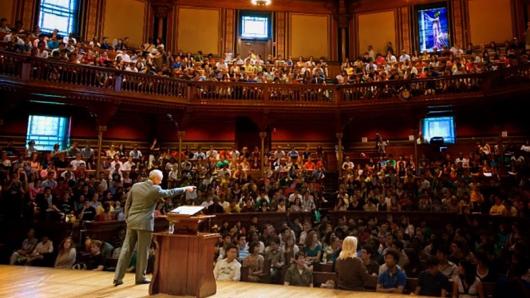Course description
This course explores the experience of work in the contemporary political economy with an eye toward both its liberating and oppressive potential. How do different forms of work affect our life circumstances, personalities, and connections to each other? What is meaningful work? In examining the labor process under modern capitalism, we focus on both its structural aspects as well as on culture, ideology, and identity. Our approach is rooted in the crucial question of workers' control over their own labor, and we pay particular attention to the dynamics of conflict versus quiescence in the workplace. Throughout the course we investigate occupations where social class is ambiguous or problematic, leading us to the question: what does it mean to be a worker versus a professional? What are the dynamics of workplace power and control in offices, hospitals, and laboratories compared to the factory floor? We also examine how the workplace intersects with gender, the family, and one's experience outside of the factory gate or office cubicle. After laying out a foundational understanding of workplace structure, culture, and power, the course moves on to explore trends in the new economy that have implications for the future of work. In particular, we examine the ways in which workers' connections to employers, occupations, and locations have become more fluid and transitory, and we critically engage in a debate about the social and personal consequences of such flexible labor. Does flexible work lead to liberation or loss of identity? Does it bring self-fulfillment or insecurity? Because flexible work has permeated a variety of economic sectors and occupations, we explore what flexibility means in different contexts. What does flexibility mean for tech workers in Silicon Valley and bankers on Wall Street? We read prominent social theorists along with detailed ethnographic accounts and case studies, representing a variety of workplaces, which in different ways seek to elucidate the conditions of work under modern capitalism.





